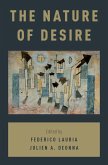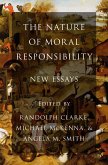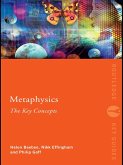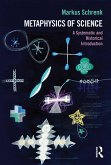Neil Sinhababu defends the Humean Theory of Motivation, according to which desire drives all human action and practical reasoning. Desire motivates us to pursue its object, makes thoughts of its object pleasant or unpleasant, focuses attention on its object, and is amplified by vivid representations of its object. These aspects of desire explain a vast range of psychological phenomena - why motivation often accompanies moral belief, how intentions shape our planning, how we exercise willpower, what it is to be a human self, how we express our emotions in action, why we procrastinate, and what we daydream about. Some philosophers regard such phenomena as troublesome for the Humean Theory, but the properties of desire help Humeans provide simpler and better explanations of these phenomena than their opponents can. The success of the Humean Theory in explaining a wide range of folk-psychological and experimental data, including those that its opponents cite in counterexamples, suggest that it is true. And the Humean Theory has revolutionary consequences for ethics, suggesting that moral judgments are beliefs about what feelings like guilt, admiration, and hope accurately represent in objective reality.
Dieser Download kann aus rechtlichen Gründen nur mit Rechnungsadresse in A, B, BG, CY, CZ, D, DK, EW, E, FIN, F, GR, HR, H, IRL, I, LT, L, LR, M, NL, PL, P, R, S, SLO, SK ausgeliefert werden.









